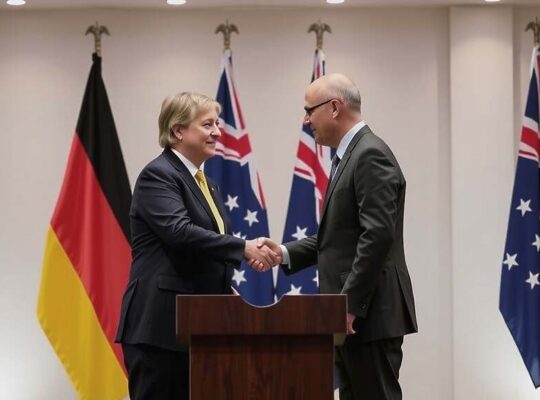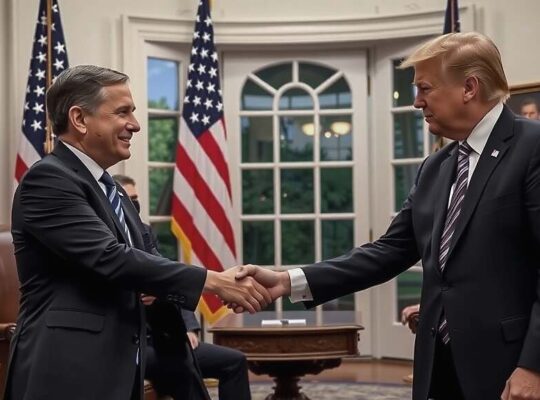The abrupt cancellation of Foreign Minister Johann Wadephul’s trip to China has drawn sharp criticism from within Germany’s ruling coalition, raising questions about the government’s strategy towards Beijing. Rolf Mützenich, former parliamentary group leader of the Social Democratic Party (SPD) and current China rapporteur for the SPD parliamentary group, expressed his disappointment with the decision, stating that it’s unclear whether the cancellation achieved its intended effect.
Wadephul’s trip was abruptly called off just days before Mützenich’s own visit, reportedly due to disagreements with Chinese authorities. The timing and manner of the withdrawal have fueled speculation about strained diplomatic relations and a lack of coordinated messaging within the German government. Vice-Chancellor and Finance Minister Lars Klingbeil is now expected to be the first member of the Berlin cabinet to visit China following the last federal election, potentially signaling an attempt to salvage the damaged rapport.
Mützenich championed a pragmatic approach to China, acknowledging the necessity of maintaining strategic dialogue while cautioning against jeopardizing crucial relationships and national interests. He underscored the importance of frank communication, but emphasized the need to balance directness with the preservation of a constructive working relationship. The incident highlights the delicate balance Germany faces in navigating its economic reliance on China while simultaneously addressing concerns surrounding human rights, geopolitical alignment and fair trade practices. Critics argue that Wadephul’s withdrawal, rather than fostering a desired outcome, risked appearing reactive and potentially undermining Germany’s ability to consistently advocate for its values on the international stage. The succession of visits now underway will be closely watched as indicators of how Germany intends to recalibrate its China policy.












